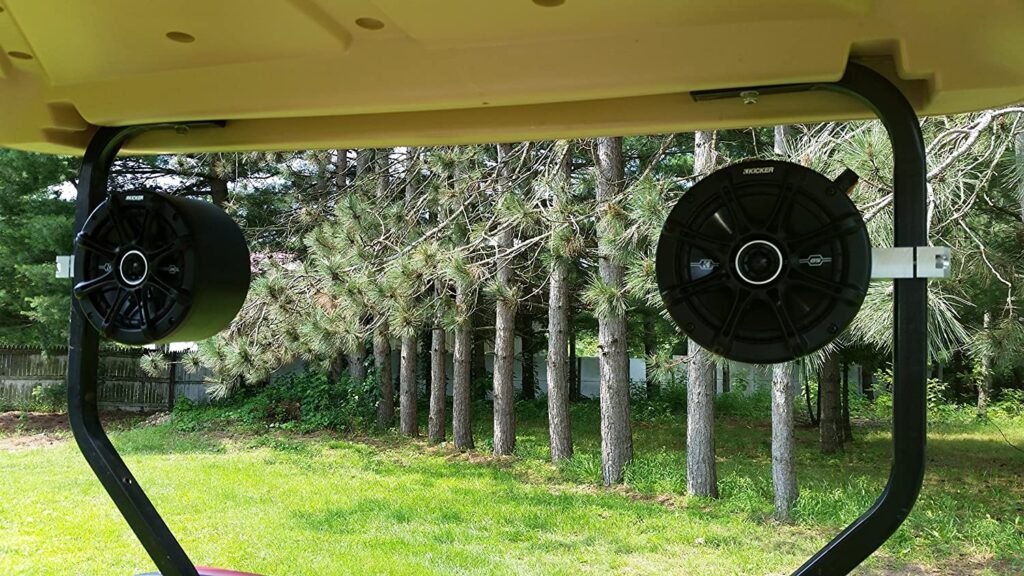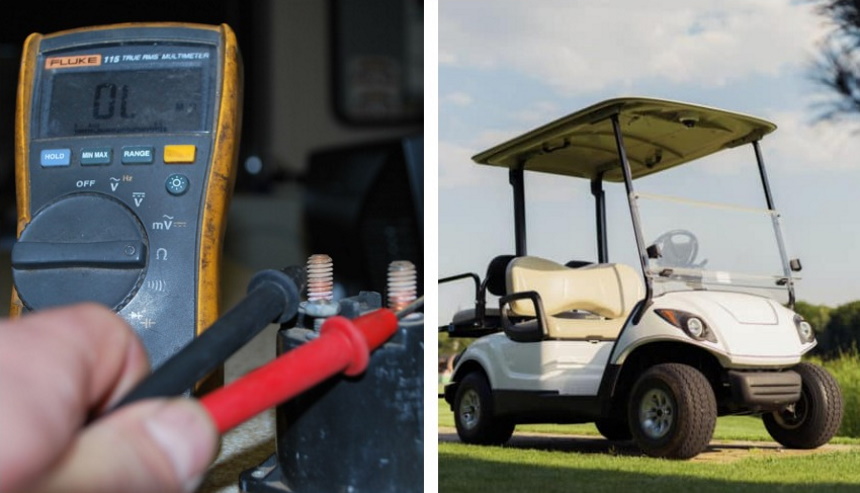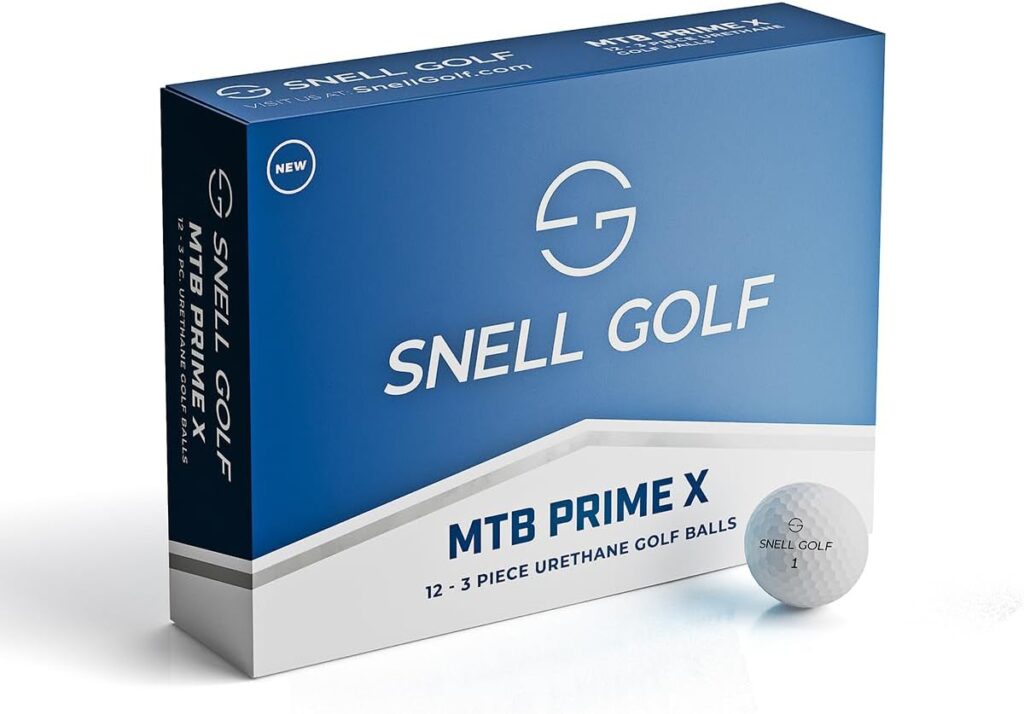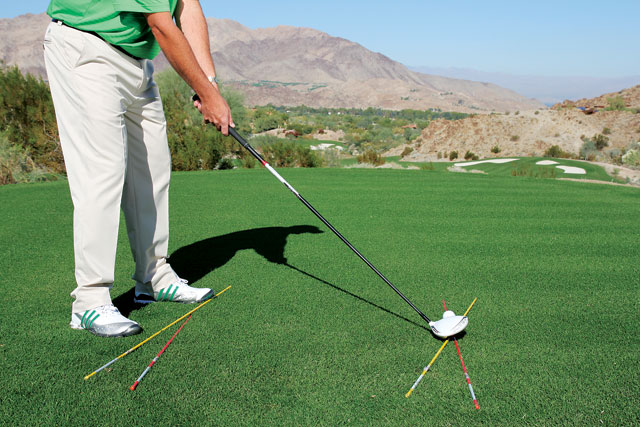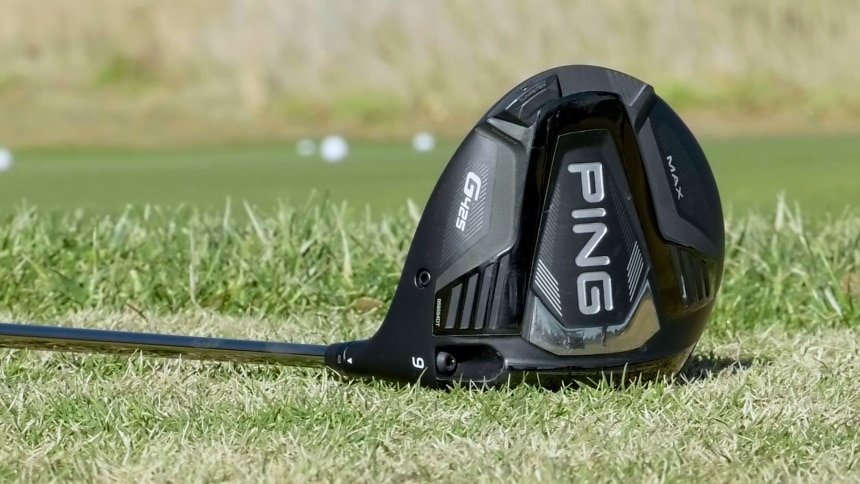
Golf gloves have many benefits, the most important of which is providing you with a better grip on your club and more control during your swing. Gloves also prevent hand fatigue, blisters, and callouses. Unfortunately, they don’t last forever, so you’ll need to replace them when they start to wear out. So, how long should a golf glove last?
Well, there are a few factors that can contribute to glove deterioration, so it’s not easy to pinpoint the exact number of rounds you’ll get through with a single pair of gloves. Some of these factors can be controlled or corrected to prolong their use, though this isn’t always the case. For more information on the lifespan of golf gloves, check out the following sections.
Several factors affect the lifespan of a golf glove. How you treat them is one of the most important since the better care you take of your gloves, the longer they will last. The conditions you play in, how much you sweat, and how you grip your club can also contribute to premature glove deterioration.
Even the type of glove you buy can alter its lifespan, particularly the quality of the glove and the materials used to make it. When purchasing clubs and other gear, you wouldn’t buy the cheapest set just to save money.
Instead, you’d look for suitable materials and features to improve your game while still fitting into a budget. For instance, the best drivers under $200 are high-quality, offering the right speed and distance without costing a fortune. You can look for the same durability in your gloves, ensuring they do their job without breaking your budget. Let’s take a closer look at the factors that influence how long golf gloves last.
Walking around the golf course is believed to have a few health benefits Trusted Source Golf and Physical Health: A Systematic Review No previous systematic review has examined the physical health benefits of playing golf or caddying. pubmed.ncbi.nlm.nih.gov , including improving balance, musculoskeletal health, blood pressure, and cholesterol levels. Unfortunately, the weather doesn’t always cooperate, affecting both your comfort level and the glove you’re wearing during the game.
Hot weather results in higher sweat levels, which saturates your glove and decreases its longevity. Damp conditions have the same effect, soaking the material and breaking it down faster than usual. Moisture also affects the glove’s grip, so it rubs more frequently against your hand and club for a shorter lifespan.
When choosing a new golf glove, you should look as carefully at the materials as you would for your golf clubs. For instance, the best left-handed driver is made of either titanium or composite, both of which are light and offer fantastic performance.
For golf gloves, leather is a top choice, due to the softness, breathability, and water resistance this material offers. Of course, you need high-quality leather for increased durability since inferior material will break down faster and reduce the glove’s longevity. A favorite among golfers is the Titleist Perma-Soft Men’s Golf Glove, which is made of premium leather with satin reinforcements for comfort and style.
Synthetic gloves look similar to leather, though they are more flexible and have a rubber-like feel. Though not as soft, they usually last longer than leather gloves and cost less. The Callaway Golf Men’s Weather Spann Premium Synthetic Golf Glove is a good example, thanks to the reinforced, perforated palms and stretch material at the cuff and knuckles.
There are also hybrid gloves that offer a combination of these materials, incorporating breathability and durability at an affordable price.
How you grip your club is another factor that affects the longevity of your golf gloves. Too strong of a grip on the club can cause extra pressure and weak areas on the glove. A light-handed grip is better for your glove’s lifespan. Too firm of a grip can also lead to wrist problems Trusted Source Golf-induced injuries of the wrist Golf injuries of the wrist are rare, but when they occur they can be devastating for the avid golfer, competitive amateur golfer, or the professional golfer, as the hand and wrist are so integral to the game. pubmed.ncbi.nlm.nih.gov , which could result in a temporary restriction from the game, so try to reduce your grip strength for the sake of your health and your gloves.
The type of club you’re using can also affect your grip since most people firm up a bit on a driver while maintaining a looser grip on their irons. Drivers are more about distance, requiring a stronger swing, while irons are more for loft, though a lighter grip on both gives you more control. If you’re interested in improving your skills on the course, the best irons for women come in varying materials and weights to match your needs.
For longer-lasting gloves, you need to take care of them on and off the course. Letting them air out to dry during a sweaty round, placing them in a box when not in use, and taking them off between holes reduces wear. Ignoring such maintenance will decrease their lifespan and require replacement gloves much more frequently.
Sweat glands Trusted Source Anatomy, Skin Sweat Glands Sweat glands are appendages of the integument. There are eccrine and apocrine sweat glands. They differ in embryology, distribution, and function. www.ncbi.nlm.nih.gov exist all over our bodies, including the palms of our hands, and are designed to release moisture that then evaporates to cool our bodies. This is especially common during hot summer months. When wearing golf gloves, sweat doesn’t evaporate as easily, soaking into the glove material instead. As well as affecting the glove’s performance, it shortens its lifespan, especially when not allowed to dry properly. Changing your gloves during a round and laying them out to dry can reduce such deterioration.
Depending on how often you play golf, a glove can last around 8 to 12 rounds before you need to replace them. The better you care for it, the longer your golf glove will last but no glove is invincible. You should watch for tears and holes in the material or a loose uncomfortable fit since these could be signs of overuse.
Golf gloves are a fantastic addition to your other golf gear, offering a better grip and hand protection. Though these little pieces can improve your game and increase your comfort, they don’t last forever. Over time, even the best golf gloves will deteriorate, requiring replacement.
So, how long should a golf glove last? Well, a decent golf glove can last through a dozen rounds of golf. Of course, it will need the proper care for that long of a lifespan. Removing it between holes, letting it dry out, and even keeping a few on hand to swap out during a round can increase your glove’s use. The better you treat your golf gloves, the more you can use them and the fewer replacements you’ll need to buy.
